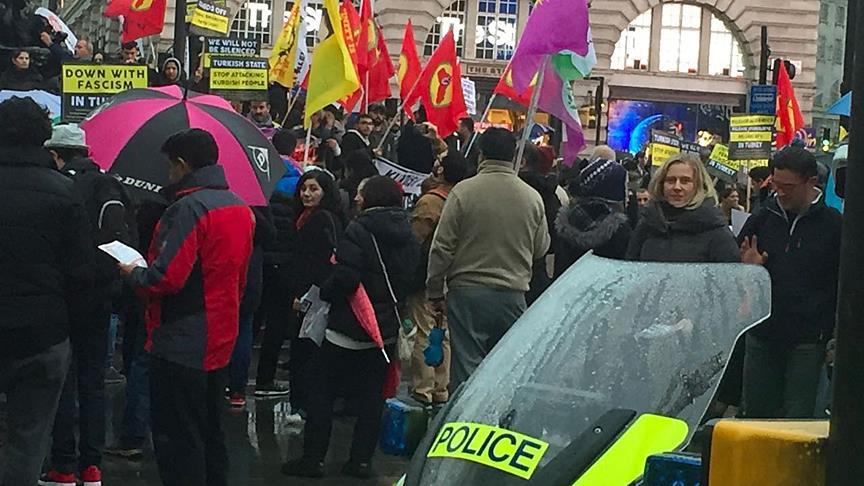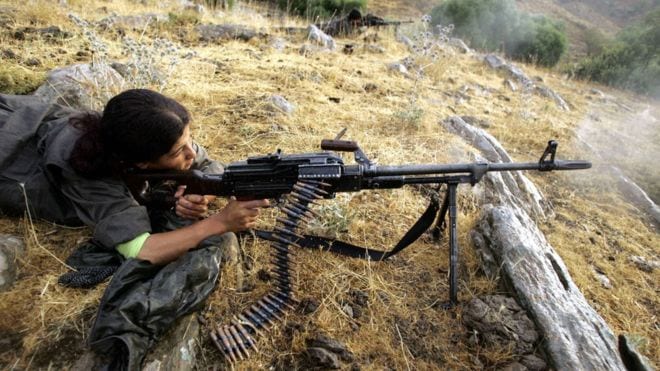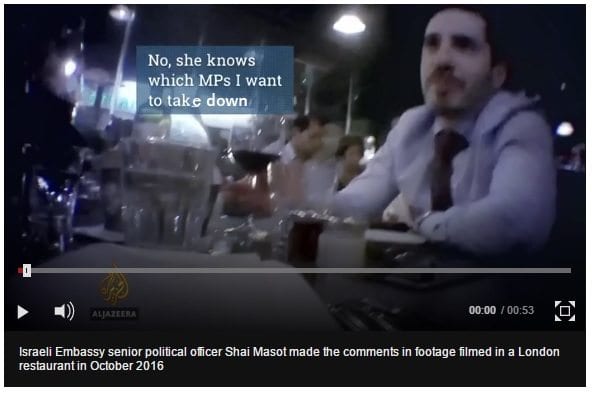 The 16-year-old boy was arrested in the East Midlands as part of an investigation into the data breach of John Brennan’s emails last year.
The 16-year-old boy was arrested in the East Midlands as part of an investigation into the data breach of John Brennan’s emails last year.
A British teenager is suspected of being a mystery hacker who infiltrated the personal email account of the director of the CIA and posting personal details online.
The 16-year-old boy was arrested in the East Midlands on Tuesday as part of an investigation in to the data breach of John Brennan’s emails last year.
He is suspected of being a hacker known as “Cracka” who has claimed responsibility for the incident and part of a wider group that calls itself “Crackas with Attitude”, which has been behind a series of high-profile attacks.
The youngster has been released on police bail and has since denied being “Cracka” to journalists.
In October Cracka is said to have posted details of the emails of Mr Brennan online including agency memos and notes.
A background clearance form which had information about Mr Brennan and his wife including addresses, birthdays and social security numbers was also released.
The spy boss was “outraged” and “concerned” by the embarrassing data breach.
It is alleged that Cracka called US Internet provider Verizon posing as a technician and persuaded them to hand over personal details of Mr Brennan’s AOL email address.
He then allegedly called AOL and convinced a representative to reset the password, using the personal details he obtained from Verizon to get through security.
The hacking group later gloated that it was so easy that a “five-year-old could do it” and rated the difficulty as “one out of ten”.
They also claimed that called Mr Brennan and taunted him by reciting his social security number.
The British youngster was arrested on three counts of suspicion to hack.
After his release on police bail, he allegedly communicated with Vice in the US in which he denied being Cracka adding: “’I’m not who you think I am 😉 😉 ;).”
He said he spent seven hours in a cell before being released on bail.
He allegedly added: “’I got ******* v&” (slang for “vanned” or arrested).
“They’re trying to ruin my life. ‘I’m innocent until proven guilty so I have nothing to be worried about.”
Police confirmed a boy had been arrested and bailed until June but refused to say whether the arrest was connected to the US hacking incident.
A spokesman for the South East Regional Organised Crime Unit said: “The South East Regional Organised Crime Unit (SEROCU) can confirm we have arrested a 16-year-old boy on Tuesday in the East Midlands on suspicion of conspiracy to commit unauthorised access to computer material contrary to Section 1 Computer Misuse Act 1990, conspiracy to commit unauthorised access with intent to commit further offences contrary to Section 2 Computer Misuse Act 1990 and conspiracy to commit unauthorised acts with intent to impair, or with recklessness as to impairing operation of a computer contrary to Section 3 Computer Misuse Act 1990.”
Cracka is said to have carefully covered his tracks but taunted US law enforcement with posts from various online accounts.
On one Twitter account he is said to have controlled, the hacker posted a message on Wednesday which read: ‘Anyone got a good lawyer?!?!?’
Some members of the group described themselves as under 22, said they smoked marijuana and live in the US.
After hacking Mr Brennan the group are said to have hacked the email account of Director of National Intelligence James Clapper.
They also bragged about hacking the home phone of John Holdren, President Obama’s science and technology adviser.
Another target was Department of Homeland Security Secretary Jeh Johnson, and the hackers said they accessed his Internet provider account and listened to his voicemails.
For his most recent hack Cracka published the personal data of 20,000 FBI employees and 9,000 Department of Homeland Security agents on the Internet.
Cracka dedicated his hacks to the Free Palestine movement and called on the US government to cut its ties to Israel in order for the attacks to end.
AT A GLANCE
The four most popular cyber-crimes
A report by Verizon into data breach investigations has shown that 23% of people open phishing emails





 Counter-terror police in Edinburgh are carrying out a major investigation into fears a Kurdish rebel group is being financed from the city.
Counter-terror police in Edinburgh are carrying out a major investigation into fears a Kurdish rebel group is being financed from the city.

